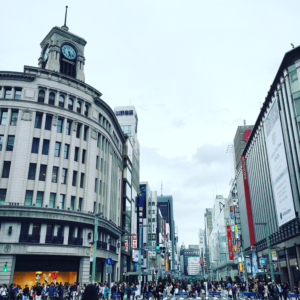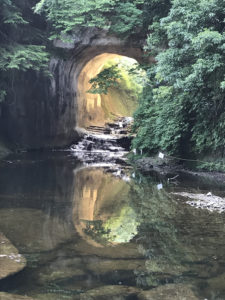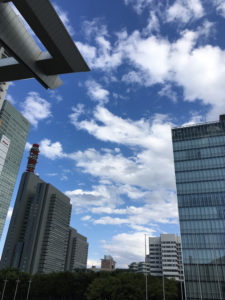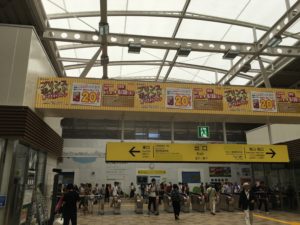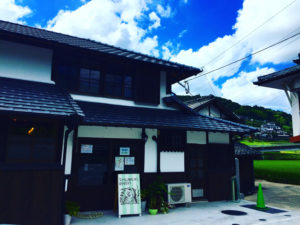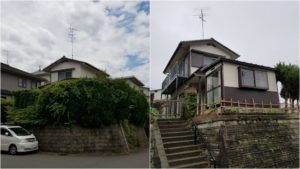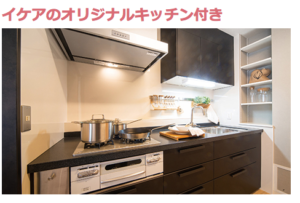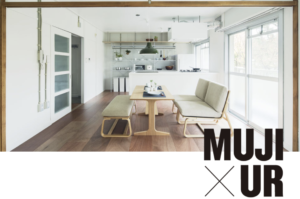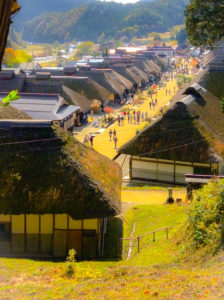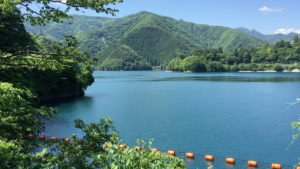(Ginza, Tokyo)
The results are in. You will be surprised to learn that Japan’s real estate price -at least some spots are- is breaking the record set during the bubble period.
On July 2, 2018, the National Taxation Bureau announced the average value of a square meter of land for tax assessment as of January 1 2018.The nationwide average price went up by 0.7% from the previous year and it increased for three consecutive years. By prefecture, growth is high in the three major metropolitan areas such as Tokyo (up 4.0%), Osaka (up 1.4%), Kyoto (up 2.2%), Aichi (up 1.5%)The rate of growth is higher in all three major metropolitan areas than the previous year.The rate of growth in core local prefectures is rather high such as Hokkaido (up 1.1%), Miyagi (up 37%), Hiroshima (up 1.5%), Fukuoka (up 2.6%).Average price in Okinawa was up 5.0% and it is the highest rate of increase in Japan.
Here are some key facts.
Tokyo
In Tokyo metropolitan, the average price went up 4.0%, the five consecutive years.
Ginza Chuo-dori has broken its record high for the second year in a row.The top appreciation in Tokyo was 15.8% at Aoyama Street, Minato-ku, Aoyama 3, which is also an upscale residential area. A number of luxury brand flagship stores are located in the area.In terms of growth rate, Aoyama regained the top place for the first time since 2007.The second spot is Adachi-ku Senju 3’s Kita-Senju Station West Exit Square and it went up by 14.5%.In addition to the revitalization of the area due to the effect of a few universities campus being relocated, the convenience to the center of Tokyo boosted it.
These are the some major and the most expensive spots in Tokyo 23 wards.
(price per square meter ‘000 yen and the growth rate)Read more

